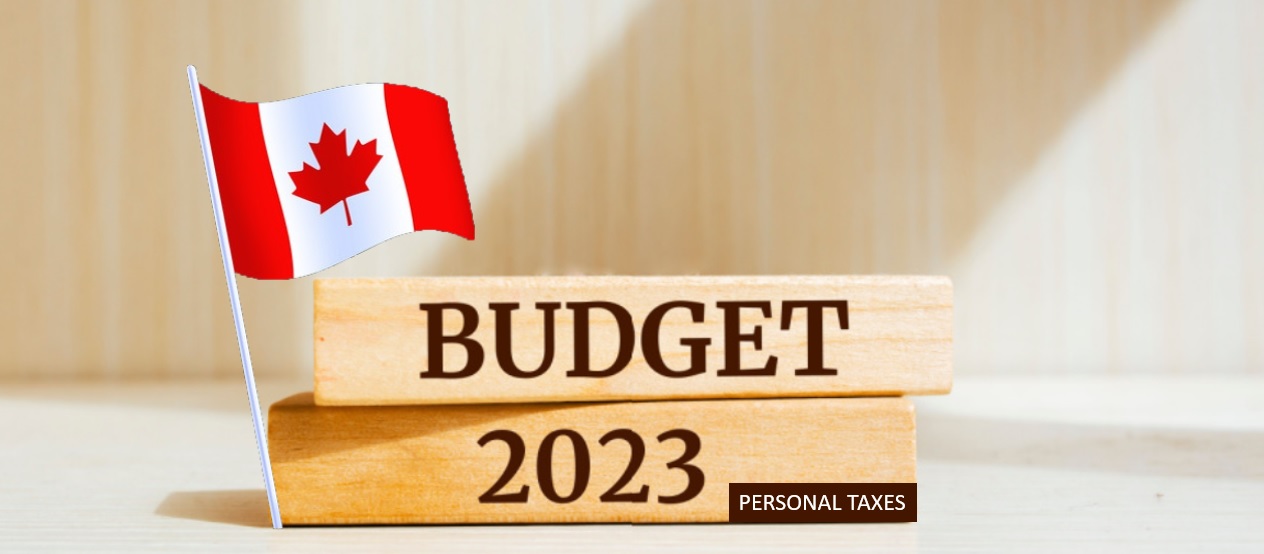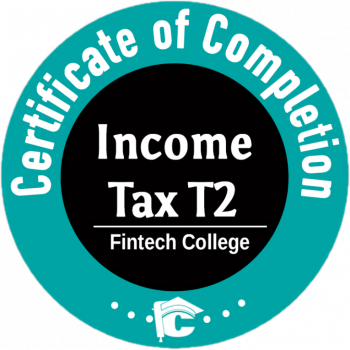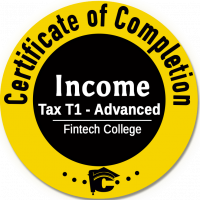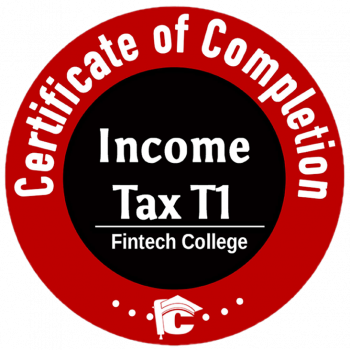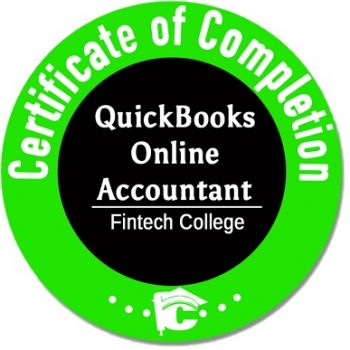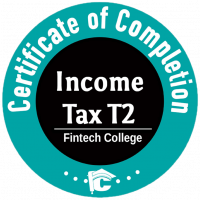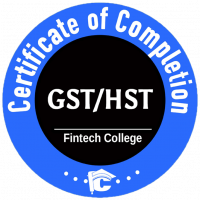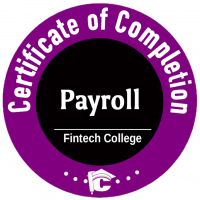On March 28, 2023, the Government of Canada released its Budget: A Made-In-Canada Plan. The following is a summary of highlights from the perspective of Ontario’s business community.
-
-
The Canadian Dental Care Plan
-
The Grocery Rebate
-
Income taxes
-
Automatic tax filing
-
Registered education savings plans (RESPs)
-
Employee Ownership Trusts
-
Housing
-
Deduction for Tradespeople’s Tool Expenses
-
Let’s look in more details:
1. The Canadian Dental Care Plan:
- Building on the present Canada Dental Benefit for children under 12-years-old, the 2023 budget would provide dental coverage for uninsured Canadians with an annual family income of less than $90,000 (with no co-pays for family incomes under $70,000), starting by the end of 2023.
- For families whose incomes are greater than $90,000, there may still be a need to invest in personal health and dental insurance.
2. The Grocery Rebate:
To help consumers with inflation and a possible recession this year, Budget 2023 provides for a one-time payment through the Goods and Services Tax Credit system. The maximum amount under the grocery rebate would be
-
-
- $153 per adult;
- $81 per child; and
- $81 for the single supplement.
-
3. Income Taxes:
-
Budget 2023 proposes changes to the Alternative Minimum Tax (AMT) applied to individuals to better target high-income individuals for whom much of their income is made up of taxable capital gains and who claim a lot of tax credits such as donations to reduce the taxes they owe.
4. Automatic tax filing:
- Up to 12% of Canadians currently don’t file income tax returns. The majority of these individuals have low income and, while they would pay little or no income tax, they may be missing out on valuable benefits and support, such as the Canada Child Benefit and the Guaranteed Income Supplement.
- Since 2018, the Canada Revenue Agency (CRA) has provided a free, simplified “File My Return” service, which allows eligible Canadians to auto-file their tax return over the phone after answering a series of short questions.
- Canadians with simple tax situations and lower incomes received an invitation letter from the CRA to use File My Return, and in 2022, approximately 53,000 tax returns were filed using this service.
- The Budget announced the government’s intention to increase the number of Canadians eligible to use the File My Return service to 2 million by the year 2025. It also announced that, starting next year, the CRA will pilot a new automatic filing service that will help vulnerable Canadians who don’t currently file returns to still be able to receive the benefits to which they are entitled
5. Registered education savings plans (RESPs):
-
This budget is proposing to raise the RESP education assistance payment (EAP) withdrawal limits from $5,000 to $8,000 for full-time students, and $2,500 to $4,000 for part-time students. Divorced or separated parents will also now be allowed to open a joint RESP for their children.
6. Employee Ownership Trusts:
- Further details are provided on Employee Ownership Trusts (EOT), which are designed to facilitate the purchase of a business by its employees without requiring them to pay directly to acquire shares. The proposals include qualifying conditions for EOTs and changes to tax rules to facilitate their establishment. The EOT rules will come into force as of January 1, 2024.
7. Housing:
- Building on previous commitments, Budget 2023 proposes $4 billion over seven years to implement a co-developed Urban, Rural, and Northern Indigenous Housing Strategy, plus an intention to reallocate National Housing Co-Investment Fund dollars from the repair stream to the new construction stream, as needed. Budget 2023 will also enable financial institutions to offer the previously announced Tax-Free First Home Savings Account, starting April 1, 2023.
8. Deduction for Tradespeople’s Tool Expenses:
- Budget 2023 proposes to double the maximum employment deduction for tradespeople’s and apprentice mechanics’ tools from $500 to $1,000, effective for 2023 and subsequent taxation years.
To learn more about Personal Taxes, browse our course and Download Syllabus https://www.fintechcollege.ca/income-tax-t1/


